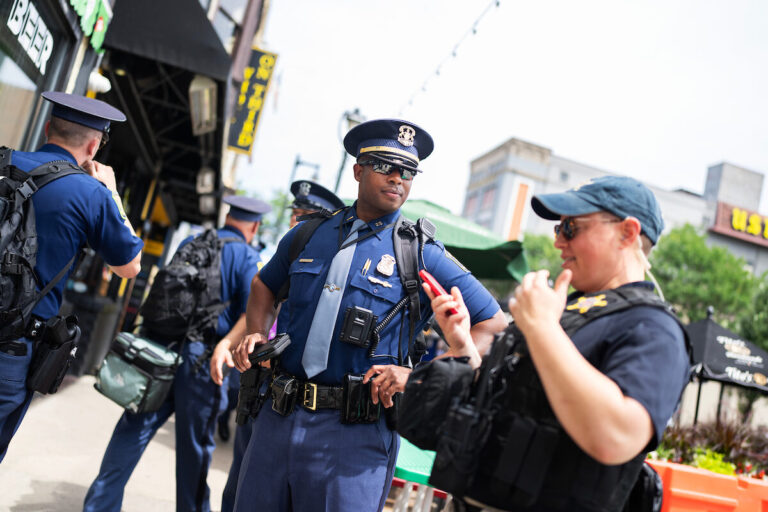ANALYSIS — Security lapses at the U.S. Secret Service are likely to dominate headlines ahead of Saturday night’s assassination attempt on former President and presumptive Republican presidential nominee Donald Trump, but one thing is clear: lapses in judgment and staffing aren’t the result of a lack of funding.
Lawmakers took their time approving a final budget for the Secret Service this fiscal year, with the Department of Homeland Security’s final spending package becoming law nearly six months late, in part because of an overall dispute over how much money to give to nondefense agencies under strict budget caps, and in the end budget writers had to work hard to find offsets to boost Secret Service funding, such as the depletion of previously underused public funding for presidential campaigns.
But the result is a more than 9% increase in the Secret Service’s total budget for fiscal year 2024, to about $3.1 billion, $78 million more than President Joe Biden requested and, adjusted for inflation, more than in any presidential election year in the past two decades, when the Secret Service tends to get raises.
The overall “protection activities” category, which is the primary source of funding for the day-to-day protection of the President, Vice President and their families, and former Presidents and their spouses, raised $1.4 billion, a 24 percent increase and again exceeding the President’s request. Of this total, $244 million was earmarked specifically for “special national security events” such as presidential campaigns and nominating conventions, more than triple the amount from the previous fiscal year.
Secret Service protection funding typically follows a roller coaster-like cycle, rising and then falling every presidential election year.
Indeed, the Biden administration has requested a 14 percent cut to defense activities, including a 57 percent reduction to presidential campaign and special national security events, for fiscal year 2025. The Secret Service’s budget would fall to $2.9 billion overall.
The House-passed, Republican-drafted Homeland Security budget for fiscal 2025 rejects some of the proposed cuts to defense activities but still keeps those funds below current fiscal year levels, which absorb most election-related costs.
Tracking specific amounts of funding for defense activities over time is difficult because successive administrations and Congresses have compiled the accounts in different ways.
On the surface, the funds set aside specifically for the protection of staff and candidates in fiscal year 2016, adjusted for inflation, appear to be higher and roughly the same as they were four years earlier. The amount for fiscal year 2020 was reduced, likely given the nature of the pre-vaccination campaign during the COVID-19 pandemic.
And other Secret Service functions appear to have taken up a larger share of the agency’s overall budget in recent years, with a larger percentage going to an account that includes field operations, which funds the Secret Service’s role in fighting financial crimes like credit card fraud, identity theft and ransomware attacks.
This will draw attention to how lawmakers and the White House decide to allocate funds to the Secret Service going forward, and may spark debate about how much of the Secret Service’s budget is appropriate within the context of overall national funding needs. But more money for the Secret Service is probably unlikely to make a big difference at this stage in the 2024 campaign, and there is little reason to think Congress has any interest in doing so.
Democratic Rep. Ritchie Torres of New York and Republican Rep. Mike Lawler said Sunday they plan to introduce legislation that would mandate “enhanced” protections for Mr. Biden, Mr. Trump or other major candidates such as Robert F. Kennedy Jr.
Lawmakers from across the political spectrum, including House Homeland Security Committee Chairman Mark E. Green (R-Tenn.) and Senate candidate Rep. Ruben Gallego (D-Ariz.), have demanded explanations and documentation of security failures at Saturday’s rally. Biden said Sunday he would order an independent investigation into security at the rally, and House Oversight and Accountability Committee Chairman James R. Comer (R-Ky.) said he would schedule a hearing on Saturday with Secret Service Director Kimberly Cheatle.


